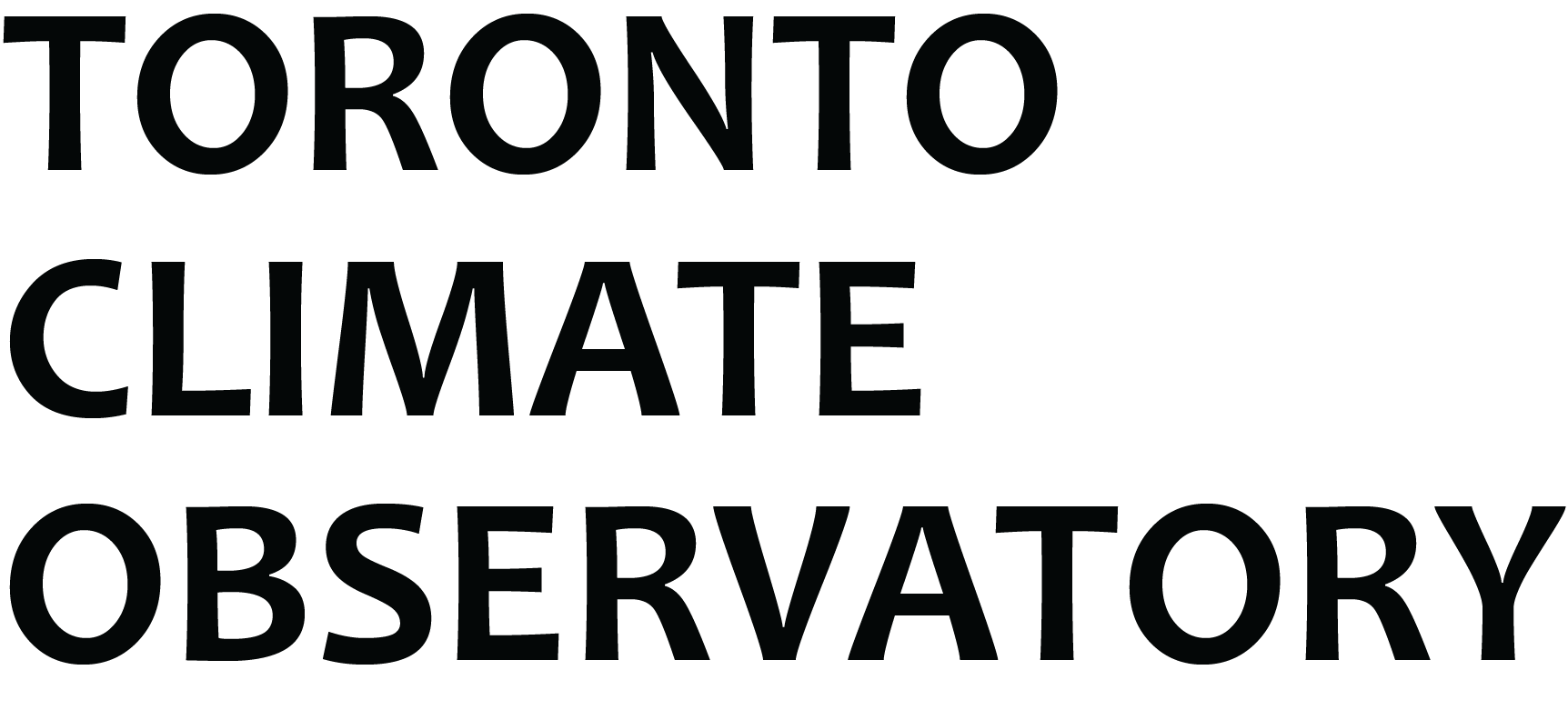The Toronto Climate Observatory (TCO) is an interdisciplinary initiative hosted at the University of Toronto. Our mission is to reimagine how communities around the Greater Toronto Area (GTA) understand and adapt to the impacts of climate change, and support place-based, plural, and just climate action.
Through partnerships with scholars, the government and civil society, we are working to develop the next generation of climate informatics. We draw inspiration and methods from climate modeling, human centered design, Science and Technology Studies (STS), Indigenous scholarship, oral history, citizen science, and art/science collaboration. Though our focus in on the Toronto area, our work spans many geographies and seeks to bring those lessons home wherever possible.
We are a new and expanding community of researchers from many areas and career stages. We are currently looking to expand our partnerships with other climate change scholars working in the GTA, as well as governments, community organizations, artists, and academic researchers so please get in touch if you’d like to learn more.
Our Values
EQUITY & JUSTICE
We seek equitable responses and decision-making to the climate crisis to ensure basic human needs and rights for all and more just outcomes for those who are most impacted by climate change
PLACE-BASED
We are committed to action and research that are grounded in place and informed by local and Indigenous knowledges, place-based problem solving and adaptation, and cultural relevance
ACTION-Oriented
Our goal is to help affected communities monitor and respond to the impacts of climate change, and we design our projects and evaluate our progress according to these metrics
ACCOUNTABILITY
We are accountable to each other and all those who work with us. We work towards developing purposeful and considerate research practices, and critically evaluate the benefits as well as the potential harms of our activities
TCO wishes to acknowledge this land on which the University of Toronto operates. For thousands of years it has been the traditional land of the Huron-Wendat, the Seneca, and the Mississaugas of the Credit. Today, this meeting place is still the home to many Indigenous people from across Turtle Island and we are grateful to have the opportunity to work on this land.”

